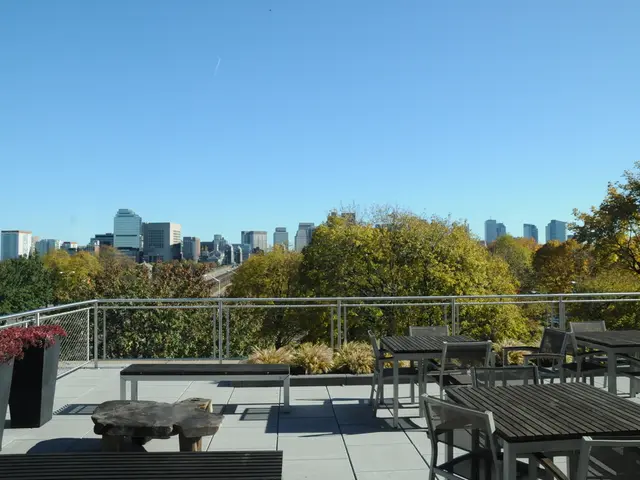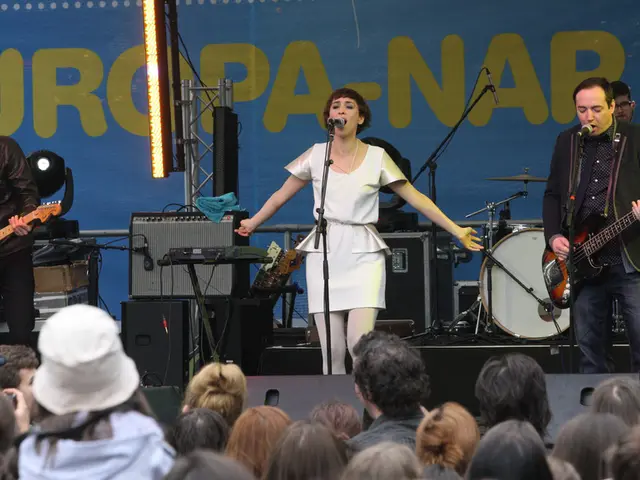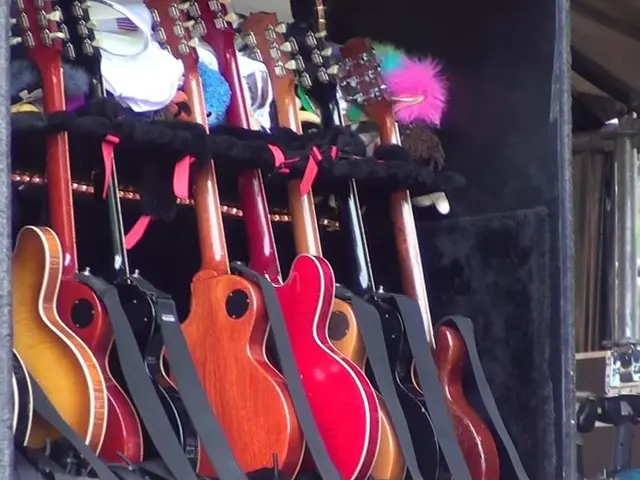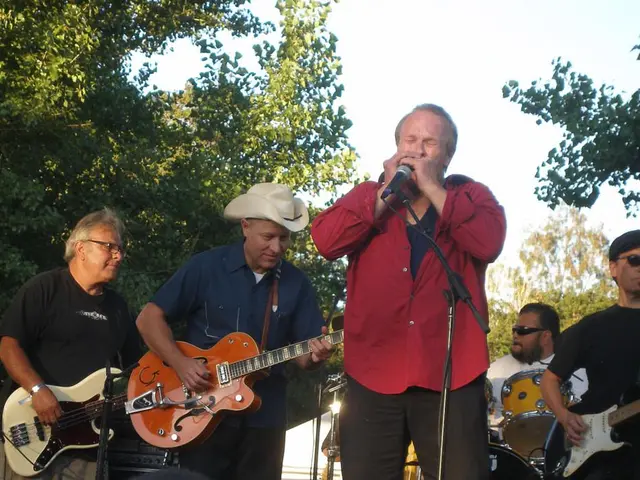Estonia's Selection of Soo-Young Lee: A Unsolicited Arrival
South Korean clarinettist Soo-Young Lee, who joined the Estonian National Symphony Orchestra (ERSO) in 2014, has now spent a decade in Estonia, a country he now considers home. Initially drawn by happenstance, Lee has remained in Estonia due to his curiosity and appreciation for the slower pace, deeper silences, and musical soul that the country offers, which are essential to his art.
Lee joined ERSO when the orchestra consisted of musicians from four different countries. Today, the orchestra is more international, a sign of progress, according to the clarinettist. He explains that this openness benefits not only the musicians by offering diverse perspectives and collaboration opportunities but also Estonia as a whole.
Self-assuredness and curiosity are Lee's defining traits. After completing his university studies in Seoul, South Korea, he pursued his master's studies in Austria and Germany. In his final year, he began searching for an orchestra to join and auditioned for ERSO, securing a position as its assistant principal clarinet. In 2019, he became the section's principal clarinettist.
One of the first things Lee noticed upon arriving in Estonia was the Estonians' connection with nature, which resonated with his own Korean roots. While cities in Estonia are less hectic than Seoul, Lee notes that Koreans don't get much time off, but they still make an effort to escape to the mountains once a week.
Estonia, Lee explains, feels more human, more natural, and less automated compared to South Korea. The slower pace of life in Estonia, he says, is exactly what an artist needs to create, offering a gentler passing of time that benefits art.
Initially, Lee was taken aback by the hesitation of Estonians to freely express their opinions, particularly among older generations. However, after living in Estonia for ten years and learning more about its history, he now understands the origin of this hesitation. Lee describes similarities between Estonia and South Korea's pasts, including experiences of colonialism and repression.
Cultural and diplomatic ties between Estonia and South Korea have grown stronger in recent years, with both countries opening embassies in each other's countries. Awareness of Estonia in Korea has also increased, with more people learning about its digital society and technological innovations.
Lee recognizes that Korean society is significantly more competitive, with people living to work. He attributes this pressure to a paradox: traditionally, Korea was an agricultural society reliant on collaboration, but growing up in Korea, he felt intense pressure and competition that has only intensified over time.
Lee has no plans to return to South Korea, preferring the European lifestyle that suits him better. Although the pandemic impacted Estonia economically, he believes it brought some positive changes to society, including an increased focus on mental health and a shift away from overworking and sacrificing families for the success of one child.
Before deciding on a career in music, Lee seriously considered pursuing astrophysics but ultimately chose music due to the wisdom of his mother, who encouraged him to act promptly or risk losing valuable time. His love of the stars has not faded, and he continues to read about space and new planets.
Lee began his musical journey with the violin but found greater appeal in the clarinet after switching to a wind orchestra. He describes the clarinet's tone as soft, warm, and full of color, captivating him from the first listen.
When asked about his favorite musician, Lee praises Arvo Paert, who he finds possesses the unique ability to transform the world around him through his interpretations. Every time Lee sees Paert performing or rehearsing, he likens the experience to witnessing a tree grow.
The article is part of the media program "Estonia with many faces," which highlights the richness and diversity of Estonian culture. The program is supported by the Estonian Ministry of Culture and co-financed by the European Union.
- Lee, now a permanent resident of Estonia, expresses appreciation for the country's slower pace, deeper silences, and musical soul, which he deems essential to his artistic pursuits.
- The Estonian National Symphony Orchestra, where Lee works, has evolved into a more international group, symbolizing progress, according to the clarinettist.
- Estonia's connection with nature resonates with Lee, who finds parallels between its natural way of life and his own roots in South Korea.
- In contrast to Estonia's human, natural, and less automated lifestyle, South Korea appears more automated and pressurized, with its citizens bearing intense competition.
- Initially, Lee noticed Estonians' hesitation to express opinions, particularly among older generations, but he now understands the historical reasons behind this characteristic.
- Collaborative efforts and diverse perspectives within the Estonian National Symphony Orchestra, fostered by its international composition, benefit the musicians and contribute to Estonia as a whole.
- The cultural and diplomatic ties between Estonia and South Korea have intensified in recent years, with innovations like Estonia's digital society garnering attention in Korea.
- Before committing to a career in music, Lee contemplated astrophysics but was guided by his mother's wisdom to seize the opportunity and avoid losing valuable time.
- Lee admires Arvo Paert, whose interpretations transcend the world around him, much like witnessing a tree grow.
- Estonian culture's richness and diversity are highlighted in the media program "Estonia with many faces," a project co-financed by the European Union and supported by the Estonian Ministry of Culture.








